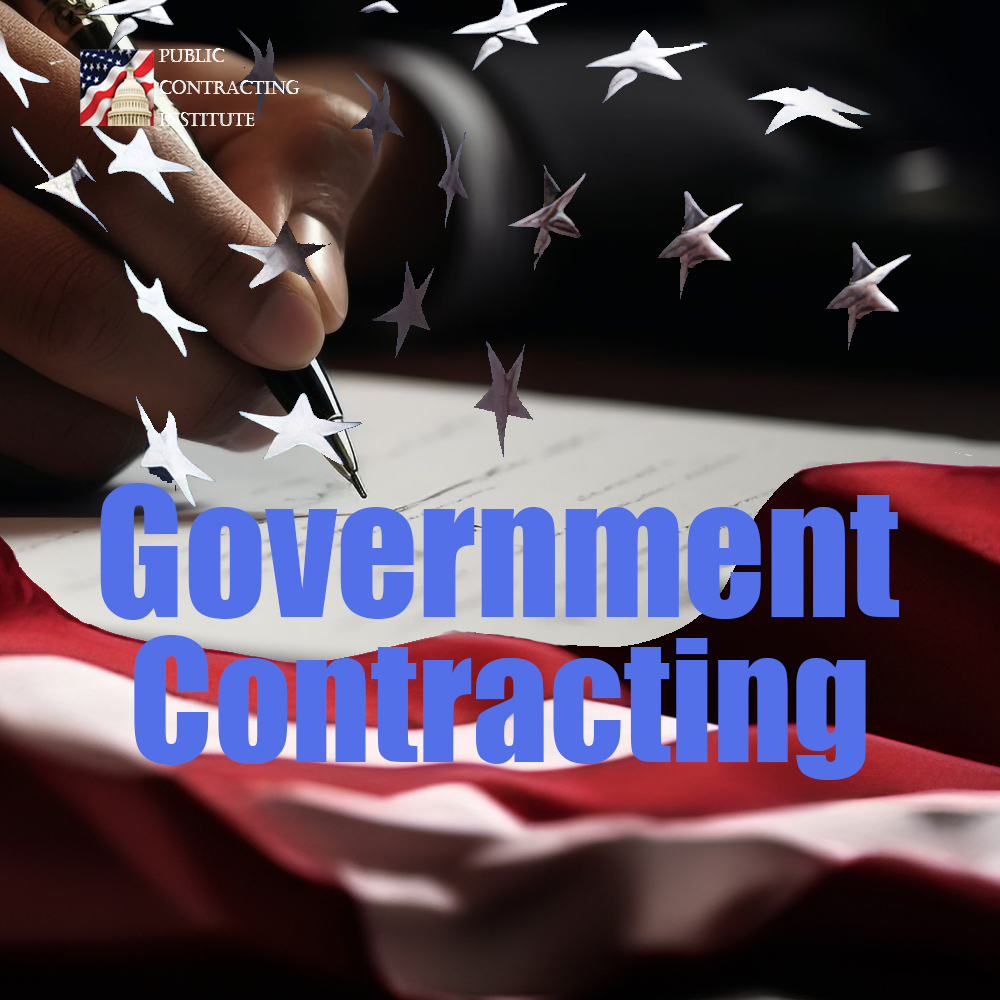Creating a Comprehensive List of Government Contracts: Essential Tips and Resources
Are you looking to expand your business by securing government contracts? Creating a comprehensive list of available opportunities is crucial for success in the public sector. In this article, we’ll provide you with essential tips and resources to help you navigate the world of government contracting and find the right opportunities for your business.

Understanding the Basics of Government Contracting
Before diving into the process of listing government contracts, it’s essential to understand the fundamentals. The GovCon Express course offered by the Public Contracting Institute is an excellent starting point for those new to government contracting. This comprehensive training covers all the basics, from terminology to the procurement process.
Another valuable resource is the Nuts, Bolts, and Beyond to be a Government Contractor course. This training provides a deeper understanding of the requirements and expectations for working with the government.
Identifying Relevant Government Agencies
To create a targeted list of government contracts, you must identify the agencies that are most likely to require your products or services. Some key agencies to consider include:
- Department of Defense
- General Services Administration
- Department of Veterans Affairs
- Department of Homeland Security
- Department of Health and Human Services
Utilizing Government Databases and Websites
One of the best ways to find government contracting opportunities is by using official databases and websites. Some essential resources include:
- SAM.gov: The System for Award Management (SAM) is the primary database for federal contracting opportunities. Registration is required to bid on contracts.
- FedBizOpps: FedBizOpps is a web-based portal that posts federal procurement opportunities with a value of $25,000 or more.
- GSA Schedules: The General Services Administration (GSA) Schedules program provides a simplified process for purchasing commercial products and services.
Leveraging Small Business Set-Aside Programs
The government offers various set-aside programs to help small businesses secure contracts. These programs include:
- 8(a) Business Development Program: This program assists socially and economically disadvantaged business owners.
- HUBZone Program: The Historically Underutilized Business Zones (HUBZone) program helps small businesses in underserved areas.
- SDVOSB Program: The Service-Disabled Veteran-Owned Small Business (SDVOSB) program supports veterans with service-connected disabilities.
To learn more about these programs and how to leverage them, consider the Veteran-Owned Business Contracting: Leveraging Set-Aside Programs for Growth blog post.
Understanding Contract Types
When listing government contracts, it’s crucial to understand the different types of contracts available. The two main categories are:
- Firm Fixed-Price Contracts: These contracts provide a set price for a specific scope of work, placing more risk on the contractor. Learn more about the benefits and risks in the Understanding Firm Fixed-Price Contracts blog post.
- Cost-Reimbursement Contracts: These contracts provide payment for allowable costs incurred during the performance of the contract. The Cost Reimbursement Contracting course offers an in-depth look at this contract type.

Navigating the Federal Acquisition Regulation (FAR)
The Federal Acquisition Regulation (FAR) is the primary set of rules governing the federal acquisition process. Understanding the FAR is essential for success in government contracting. Some helpful resources include:
- May the Clause Be with You: This series provides a comprehensive overview of key FAR clauses.
- Fun with the FAR: This engaging series breaks down the FAR into digestible pieces.
Mastering Cost Accounting and Pricing
Cost accounting and pricing are critical components of government contracting. To ensure compliance and profitability, consider these resources:
- Cost Allowability: This course covers the principles of cost allowability under the FAR.
- Cost and Pricing: Price Analysis and Fair and Reasonable Pricing: This training focuses on conducting price analysis and determining fair and reasonable pricing.
- Cost Principles, FAR Part 31, and Direct/Indirect Overhead Series: This series provides a comprehensive look at cost principles and overhead costs.

Developing a Winning Proposal
Once you’ve identified relevant government contracts, it’s time to develop a winning proposal. Some tips for success include:
- Read the Request for Proposal (RFP) carefully: Pay close attention to all requirements and instructions.
- Highlight your unique value proposition: Demonstrate how your business can provide the best solution for the government’s needs.
- Provide relevant past performance examples: Showcase your experience and success in similar projects.
- Ensure compliance: Make sure your proposal meets all legal and regulatory requirements.
Continuing Education and Professional Development
To stay competitive in the ever-evolving world of government contracting, it’s essential to invest in continuing education and professional development. Some valuable resources include:
- One-Stop Training Subscription: This subscription provides access to a wide range of courses and resources.
- Virtual Training Bundle: This bundle offers a convenient way to access online training courses.
- Financial Forum Series: This series focuses on financial aspects of government contracting, such as accounting and audits.
Conclusion
Creating a comprehensive list of government contracts requires a strategic approach and a deep understanding of the public sector. By utilizing the tips and resources outlined in this article, you’ll be well-equipped to identify relevant opportunities and position your business for success in government contracting.
Remember to stay informed about the latest trends and changes in the industry by following resources like the Public Contracting Institute Blog. With dedication and persistence, you can unlock the potential of government contracts and take your business to new heights.
